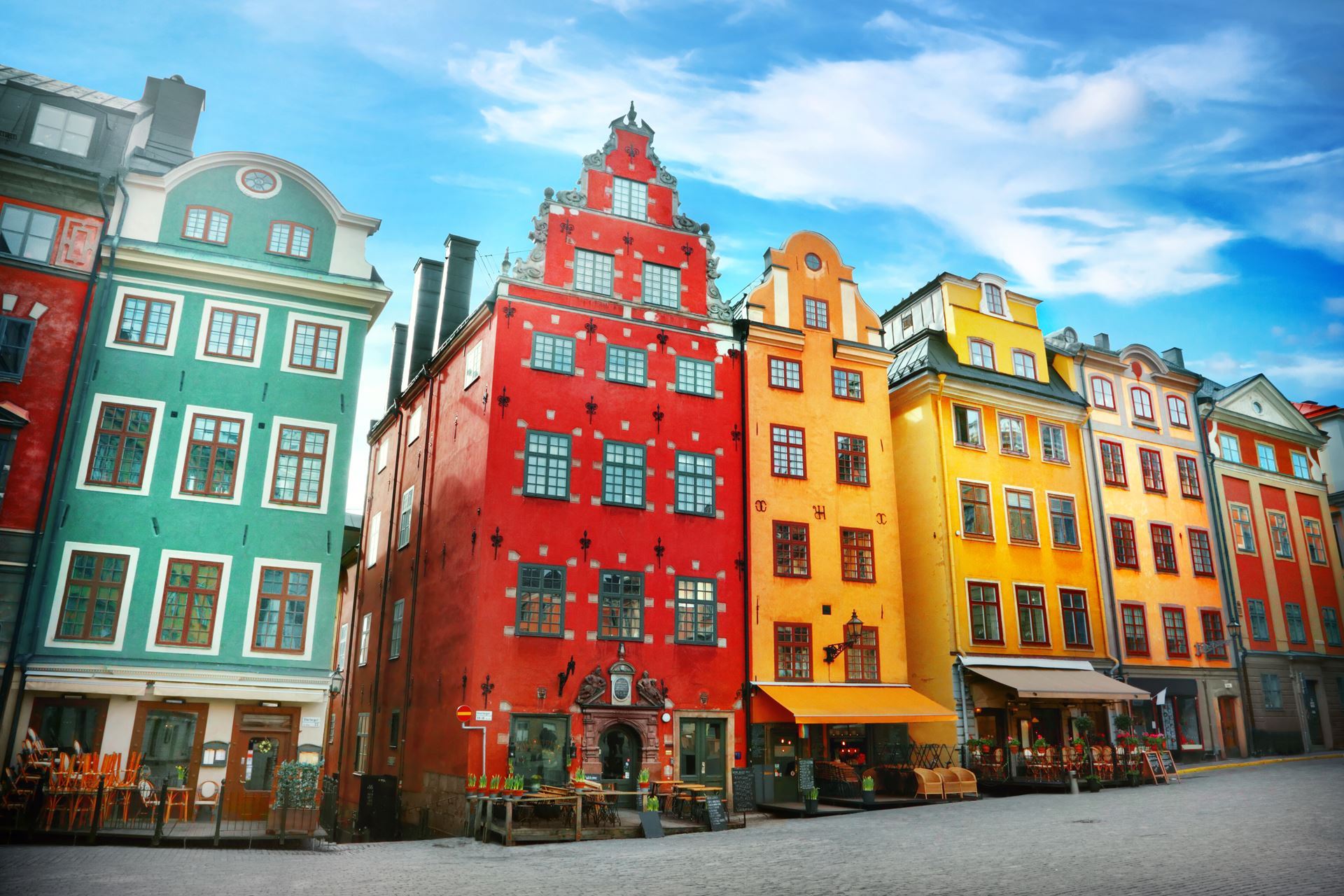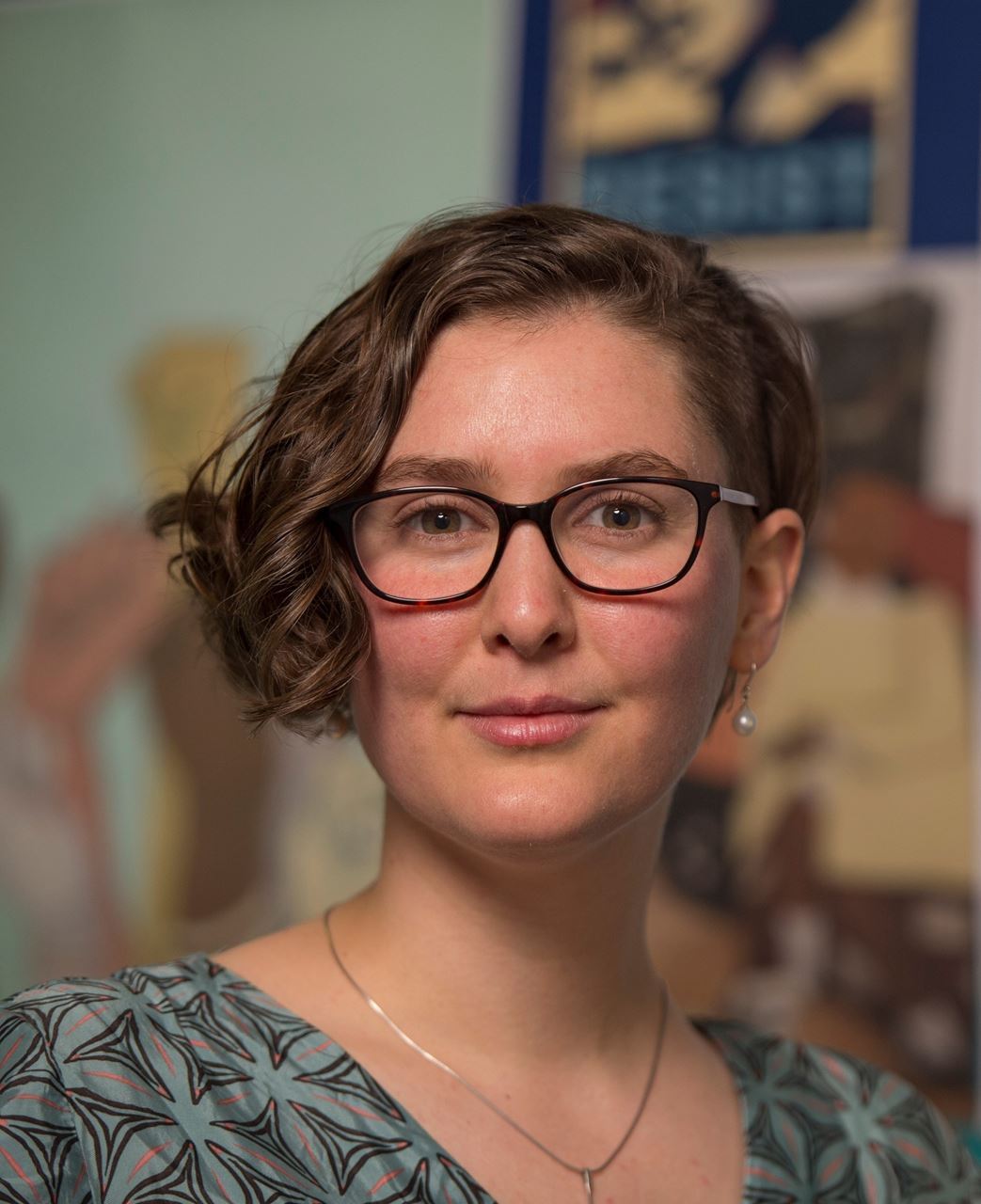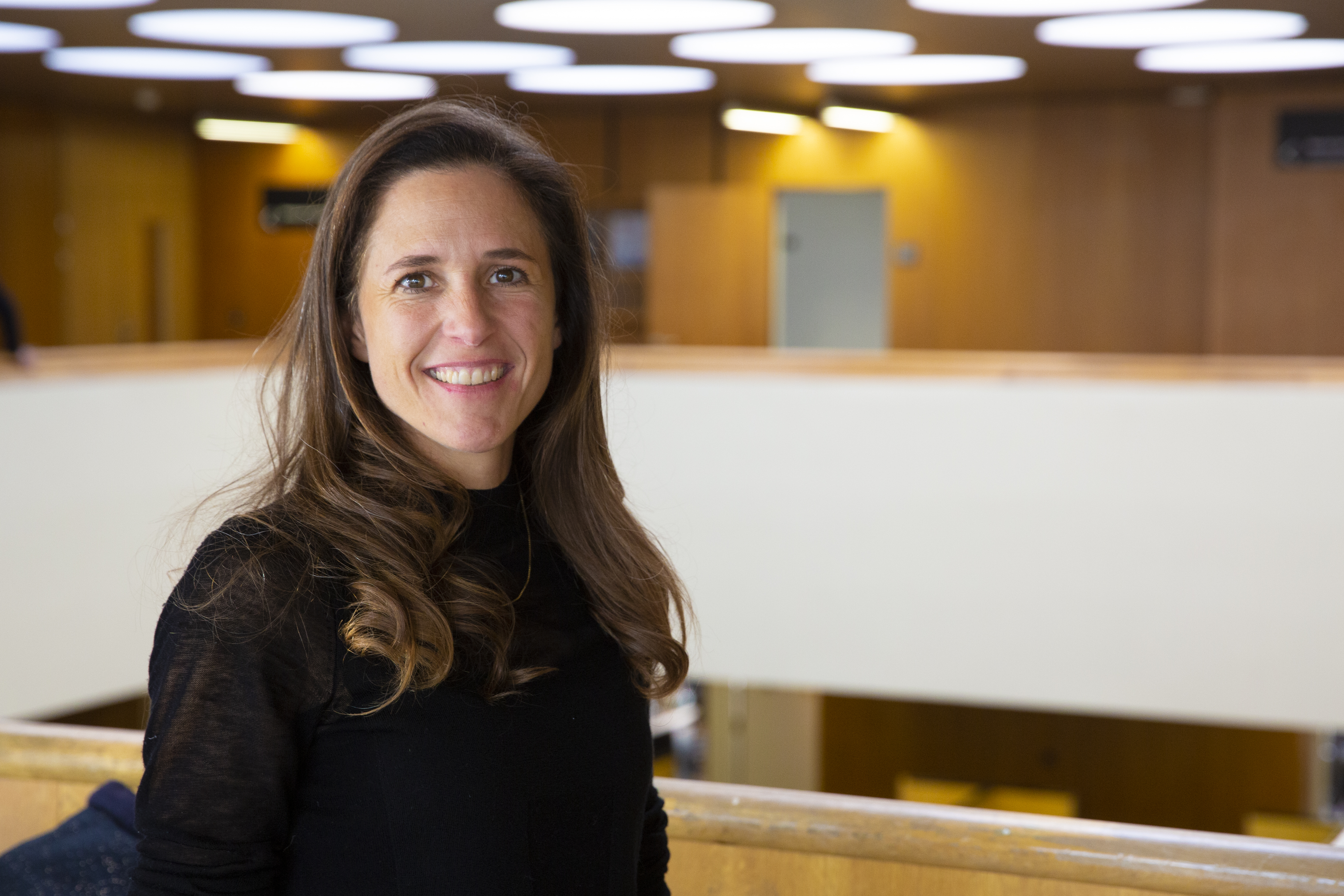- Home
- Conference
- Past Conferences
- Social Ontology 2023
Time: 16th-19th of August, 2023. Place: Stockholm, Stockholm University Campus Albano Greta Arwidssons Väg 10, 113 47 Stockholm, House 2/Hus 2 Keynote speakers: Michael E. Bratman, Stanford University Shared Agency, Institutional Agency, and the Core Capacity Conjecture I discuss some main ideas in my 2022 book, Shared and Institutional Agency: Toward a Planning Theory of Human Practical Organization. Our human lives involve remarkable forms of practical organization: diachronic organization of individual activity; small-scale organization of shared action; and the organization of institutions. A theory of human action should help us understand these multiple forms of human practical organization and their inter-relations. A key is our capacity for planning agency. Drawing on earlier work on the roles of planning agency in the cross-temporal and small-scale social organization of our agency, I turn to the role of our planning agency within our organized institutions. I draw on ideas, inspired by H.L.A. Hart, that our organized institutions are rule-guided, and that to understand this we need a theory of social rules. I draw on the planning theory of shared intention to understand social rules. I understand an organized institution as involving authority-according social rules of procedure in a way that accommodates pluralistic divergence. This leads to a model of institutional intention and––drawing on ideas from Harry Frankfurt––institutional intentional agency. And this supports the conjecture that our capacity for planning agency is a core capacity that underlies not only temporally extended projects, string quartets and informal social rules but also, thereby, the rule-guided structure of our organized institutions. Katharine Jenkins, University of Glasgow Ontology and Oppression: Race, Gender, and Social Reality This talk draws on the rich history of accounts of race and gender kinds that position these kinds as the products of histories of oppression. I will consider how we should understand the precise ontological and normative status of race and gender kinds in the spirit of these accounts whilst also taking into consideration the fact that many people value membership in race and gender kinds. I defend a pluralist account of race and gender kinds, introducing a framework for pluralism, the ‘Constraints and Enablements Framework’, based on using constraints and enablements as a common denominator for different varieties of kinds. I then assesses the normative status of these kinds using the concepts of ‘ontic injustice’ and ‘ontic oppression’, which capture the ways in which being made into a member of a social kind can itself be wrongful. My conclusion will be that some race and gender kinds are ontically oppressive, others are not, and some are actively emancipatory – even for a given gender or racial designation. When people value membership in race and gender kinds we can plausibly take them to be valuing membership in the harmless or emancipatory kinds, at least some of the time. Muhammad Ali Khalidi, City University of New York The Mind-Dependent World: From Cognitive Ontology to Social Ontology This talk will focus on different types of mind-dependence in the social world. I will begin by revisiting the distinction between transparent and opaque social phenomena (respectively, phenomena that are concept-dependent and those that aren’t), problematizing it in various ways. In particular, I will make a distinction between opaque and covert social kinds, where the latter are transparent yet are conceptualized in a misleading or misguided way. I will go on to explore some implications of the distinction between transparent and opaque social kinds when it comes to four issues in social ontology: the nature of “social construction,” “looping effects,” “ontic injustice,” and the “mark of the social.” I will conclude by asking whether transparent social kinds can be considered to have either temporal or causal priority over opaque social kinds.
Emma Tieffenbach, University of Geneva There is a forthcoming difference between bringing a good to someone as a gift and selling it to that person. But what is it that distinguishes gifts from economic exchanges ? One cannot rely on ordinary talks (gifts are done by "spending money on others"), nor on external differences (is she giving a tip or mistakenly overpaying?) and not even on the respective intentions of gifters and sellers/buyers for capturing the difference. Furthermore, after Marcel Mauss’ essay The gift (1925), the conflation has been defended as a valid conceptual point. In my talk, I will show why settling the matter is important, why so-called cases of counter-gifts seem to challenge the distinction between gifting and exchanging, but also why ultimately the latter survives. Vanessa Wills, The George Washington University Towards an Ontology of the “Social Individual” in Marxist Theory In the unpublished Grundrisse, Karl Marx wrote that “human beings become individuals only through the process of history.” In other words, that human beings exist as individuals is a fact which is historically arisen and socially produced. Individuality cannot be taken as a bare, natural quality of human beings from which sociopolitical conclusions are then to be abstractly deduced. As opposed to the picture of the human being as an already essentially atomized or essentially individual being, “The human being,” Marx writes, “is an animal that can only individuate itself in society.” For a human being to appear fully as an individual, and not merely as a biological specimen of a certain type, requires that productive forces be developed so that she does not need to spend her entire waking life satisfying her merely biological needs for food, water, shelter, and the like. Such a level of development in the forces of production is too great and complicated a task to be carried out by a single person. It is an inherently social project requiring a number of people working together, communicating with one another, and developing increasingly complex ways of organizing and dividing their labor. Sociality is hence prior to any individuation that takes place in human beings. That process of individuation is also a mark of how far human social development has progressed. The more efficiently a society satisfies biological human needs, and the more productive it is, creating new resources to satisfy the historically emergent needs that arise in an increasingly complex society, the more that its members are able to pursue activities determined more by their own expanding array of interests and less by mere biological necessity. In a phrase, we begin to see an emergence of the “rich individuality”--the free, all-sided development of the human person–that Marx regards as the highest aim for human beings. In this talk, I will explore Marx’s notion of the “social” or “rich” individual, offer an account of who and what such a person is and how she might come to be, and discuss how the notion of the “social individual” helps resolve the antagonism between individual and society that animates so many central concerns of moral and political philosophy. Panel on the method(s) of social ontology: Social ontology: What is it? What do we want it to be? Confirmed participants: Ásta, Hans Bernhard Schmid, Johan Brännmark, Miguel Garcia Godinez, and Sally Haslanger. Moderator: Åsa Burman Individual talks: Speakers are allocated 28 minutes total (usually 20 minutes for the talk and 8 for questions) with 2 minutes transition to the next speaker. The program for the parallell sessions (individual talks) and abstracts are posted below. We recommend brining your own laptop if you would like to use a Powerpoint presentation. Send us an email by the 7th of August if you do not have a computer available so that we can arrange for another solution. The conference venue is a new facility with new technology in all rooms. Keynote lectures and the panel will be on Zoom: The keynote lectures and the panel will be broadcasted on Zoom for ISOS members. If you wish to join on Zoom please email socialontology2023@philosophy.su.se to get the links and the access codes by 11th of August the latest. We will respond by the 14th and 15th of August to these requests. Social Media: #socialontology2023 Conference dinner on Friday night in the City Hall and the Informal dinner on Saturday night on a boat: The City of Stockholm has kindly invited all people presenting at the conference to the City Hall for a tour and dinner. This is the place of the annual Nobel Prize Dinner. Dresscode for the City Hall dinner: The City Hall says that they would like all dinner guests to feel comfortable and if we would like further information on the dress code: please dress in smart casual for the occasion. The formal conference dinner (on Friday the 18th of August at 7 pm), the four lunches, and the coffee break items are all included in the conference fee for all people presenting. There will also be an informal social dinner after the conclusion of the formal program of the conference on Saturday the 19th of August (19.00-23.00). The boat leaves at 7 pm from Klara Mälarstrand, kajplats 2. This informal dinner takes place on a boat taking us around the Stockholm archipelago and all conference participants, audience, presenters and family and friends of audience and presenters are welcome to the informal dinner. For more information, registration, and payment, go to this link by 31st of July the latest: https://isosonline.org/event-5326095 Sightseeing for family and friends We have arranged a free guided tour of Stockholm on the 17th of August between 3 pm and 5 pm. The meeting point is the conference hotel Scandic No. 53 at Kungsgatan 53. Please arrive 10 minutes before it starts (by 2.50 pm). The guide Anna-Karin Waldau will be at the front door and hold a sign "Social Ontology". We have a list of people who are attending this guided tour. If your family or friends wish to join please email socialontology2023@philosophy.su.se and state the names of the people who would like to come to the guided tour. Bursaries: Applications for bursaries have now closed. We were able to offer 16 bursaries of $300 each, paid for by the International Social Ontology Society and the Society for Applied Philosophy. Sponsors of this conference:Stockholms Stad, The Society for Applied Philosophy; Anders Karitz Foundation; The Department of Philosophy, Stockholm University, and the International Social Ontology Society. Registration: The registration is now closed. Information for delegates Complete Program including the parallel sessions- Social Ontology 2023Information for delegates Social Ontology 2023 Instructions for Chairs of Parallel Sessions Information about transport, things to do in Stockholm and lunch buffet |
Katharine Jenkins |
Vanessa Wills |
Muhammad Ali Khalidi |
Emma Tieffenbach |
Michael E. Bratman |

Old Town, Stockholm





